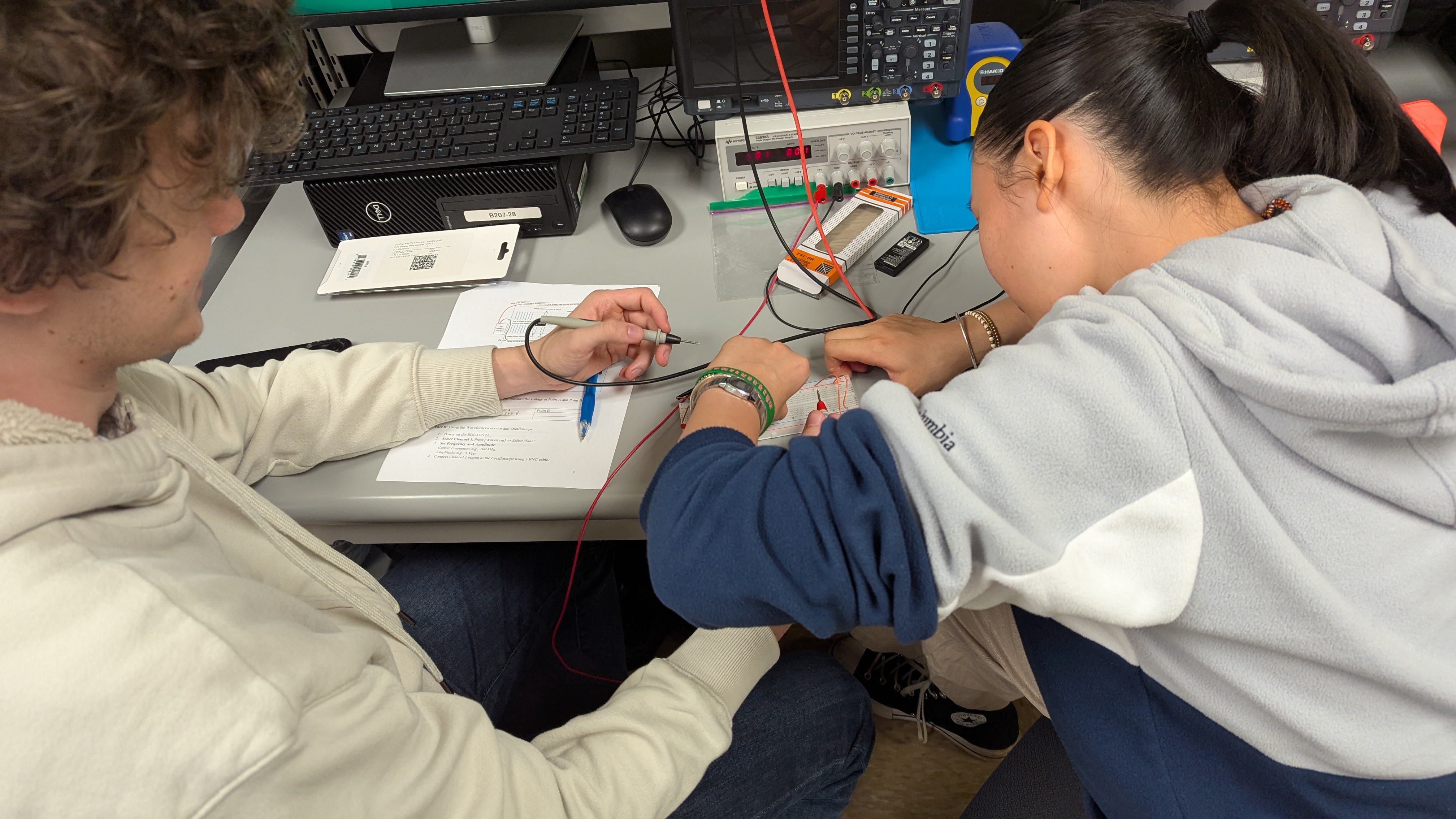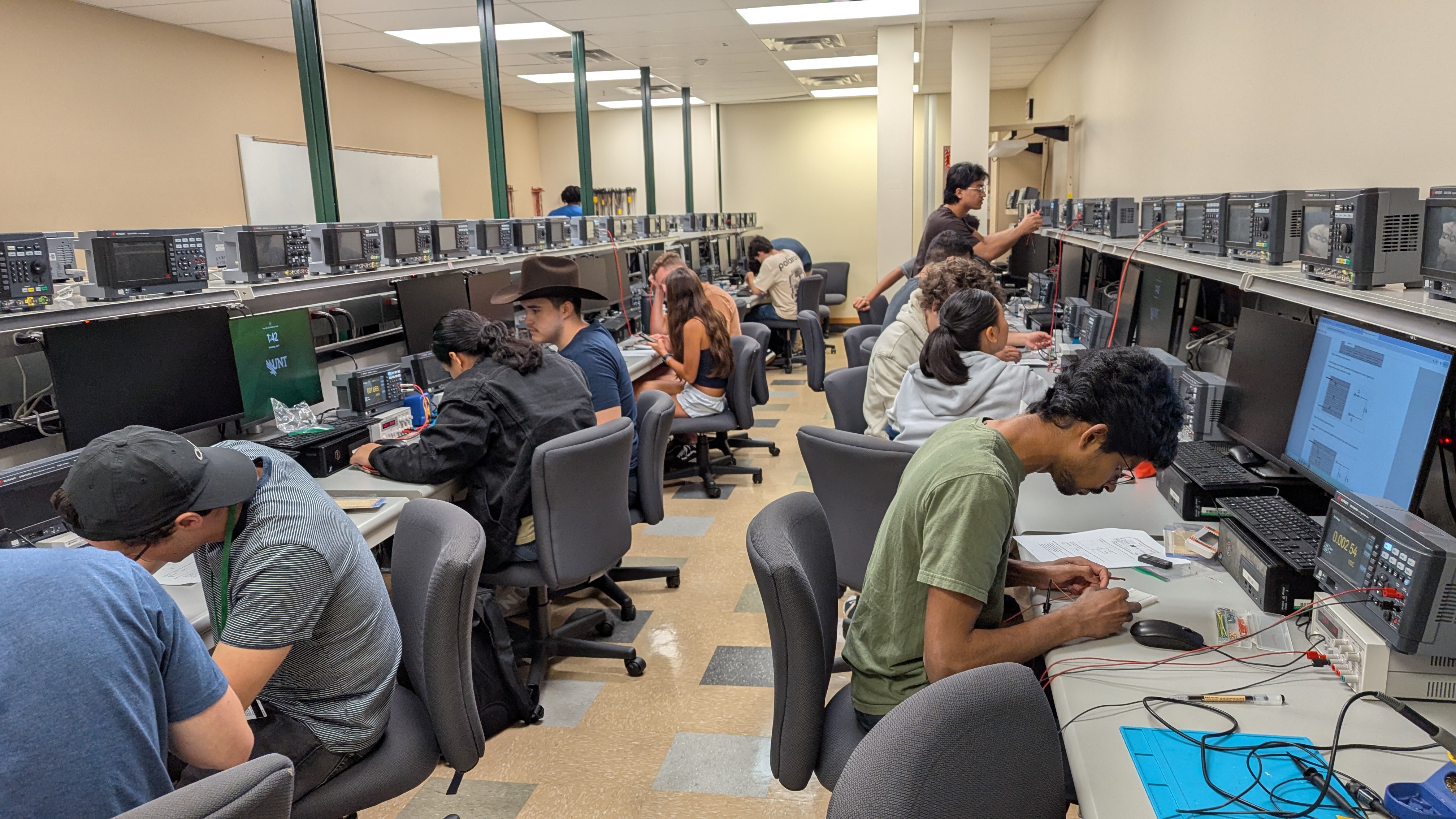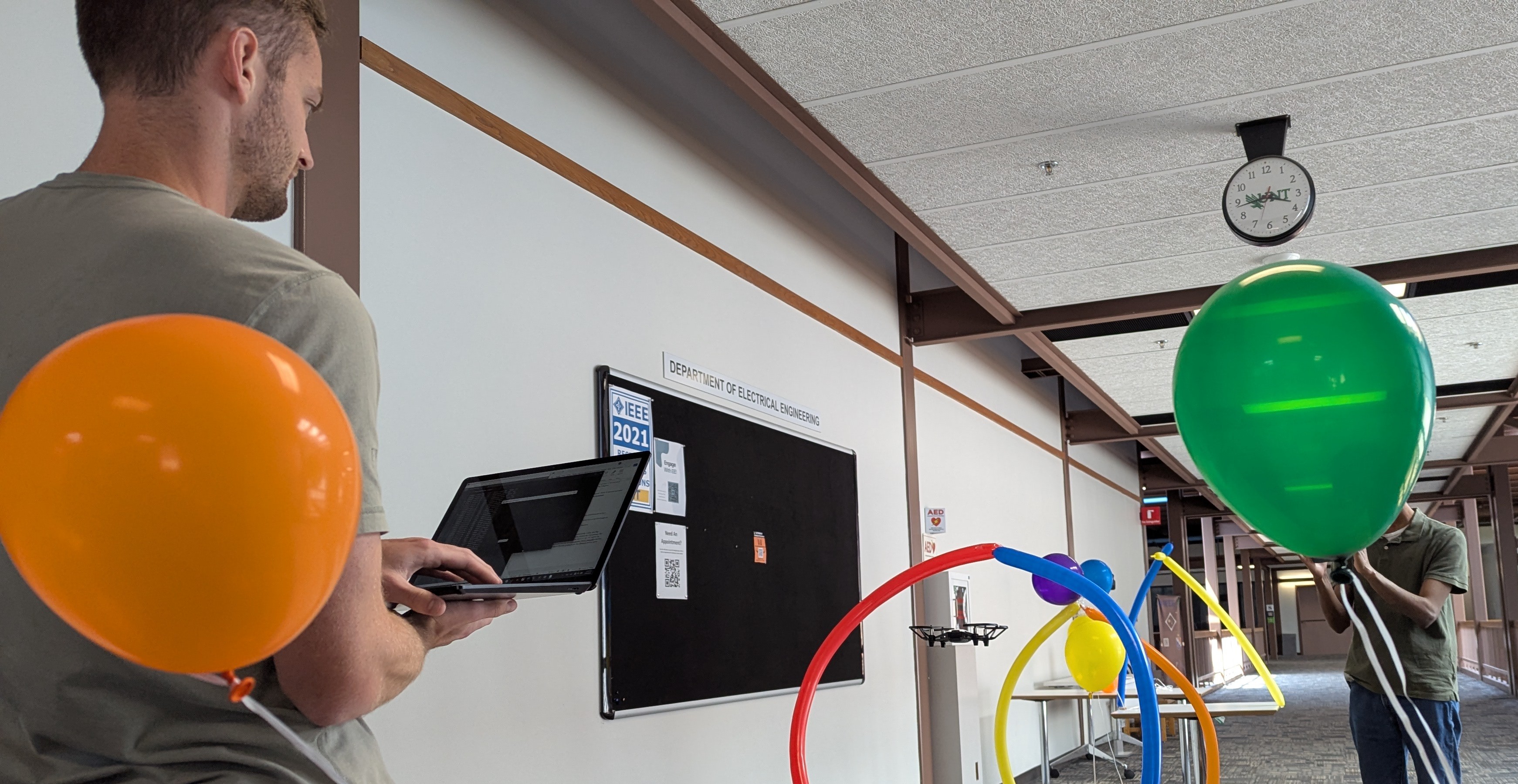Instructors
- Dr. Junfei Xie – jxie4@sdsu.edu
- Dr. Shengli Fu – shengli.fu@unt.edu
- Dr. Yan Wan – yan.wan@uta.edu
- Dr. Kejie Lu – kejie.lu@upr.edu
Office Hours
- Dr. Xie: June 26, July 1, July 3 (2–3 PM PT) – Zoom link
- Dr. Wan: June 17, 19, 24 (1–2 PM CT) – Meeting ID: 240 753 391 30, Passcode: miSFLN, Team Link
- Dr. Fu: June 16, 18, 23 (2–3 PM CT) – Zoom link
- Dr. Lu: June 25, 30, July 2 (2–3 PM AST) – Google Meet
Google Classroom
Program Description
In recent years, Unmanned Aerial Systems (UAS)—commonly known as drones—have seen unprecedented growth in their use and capabilities across a wide range of sectors, including environmental monitoring, disaster response, agriculture, logistics, and defense. Despite significant technological progress, critical challenges remain in realizing the full potential of UAS, particularly in areas such as autonomy, scalability, and cooperative operation.
The UAV Navigation & Guidance Trainee Program has been designed specifically to address this need. Targeted at students and early-career professionals, the program provides participants with essential technical, theoretical, and hands-on training in modern UAV systems. Through a combination of online coursework and immersive in-person experiences, the program empowers trainees to engage with real-world UAV technologies and prepare for future research and development roles in this rapidly evolving field.
📘 Program Structure
The UAV Navigation & Guidance Trainee Program is organized into four core modules, each focused on a foundational area of UAS technology:
- Module 1: Control of UAS – Covers UAV dynamics, single/multi-UAV control strategies, and antenna control.
- Module 2: Communication and Networking – Introduces wireless communication principles, modulation techniques, UAV networking protocols, and system integration.
- Module 3: Computing (Edge/Cloud/Cybersecurity) – Focuses on onboard computing architectures, virtualization techniques, distributed computing, and mobile edge computing.
- Module 4: Artificial Intelligence – Explores AI integration in UAVs, from basic machine learning models to federated learning, with emphasis on real-world applications in autonomy and perception.
Each module blends theoretical instruction with hands-on projects.
📅 Program Format
🖥 Online Training Phase
-
Dates: June 16 – July 3, 2025
- Delivered asynchronously over three weeks
- Each module includes 5–6 submodules, each with a required quiz due on the day of release
- Participants complete a total of 5 graded assignments due the next day of release
- Weekly group research and presentation projects on emerging UAS topics promote collaboration and in-depth exploration
🛫 Onsite Training Phase
-
Dates: July 7 – July 11, 2025
- Offers immersive, in-person experiences with UAV hardware, flight testing, and UAS-based hands-on projects
- Includes collaborative team exercises, real-world demonstrations, and mentorship from UAS experts
Location: University of North Texas, Denton, TX
🎯 Learning Objectives
- Acquire foundational knowledge in UAV control, communication systems, and networking protocols
- Develop hands-on skills in real-world UAV operation, simulation, and testing
- Understand the role and implementation of edge computing and AI applications in UAV systems
- Join a collaborative community of students, educators, and researchers driving innovation in aerial autonomy
🖥️ Tentative Online Training Schedule
🛫 Tentative Onsite Training Schedule (July 7–11, 2025)
| Date | Day | Morning Session | Afternoon Session |
|---|---|---|---|
| 7/7 | Mon | Welcome, UAV Facility Visit (9:30 AM – 12 PM) | Hands-on Activities on Path Effects (1 PM – 4:30 PM) |
| 7/8 | Tue | Flight Demos, Flight Control Activities (9:30 AM – 12 PM) | Tello Programming (1 PM – 4:30 PM) |
| 7/9 | Wed | Tutorial and Hands-on Activities on Digital Signals and Digital Modulation(9:30 AM – 12 PM) | Hands-on Activities on AM Modulation(1 PM – 4:30 PM) |
| 7/10 | Thu | Tutorial and Hands-on Activities on Raspberry Pi and MPI(9:30 AM – 12 PM) | Hands-on Activities on Distributed Computing and AI(1 PM – 4:30 PM) |
| 7/11 | Fri | Conclusion & Survey (9:30 AM – 12 PM) | — |


